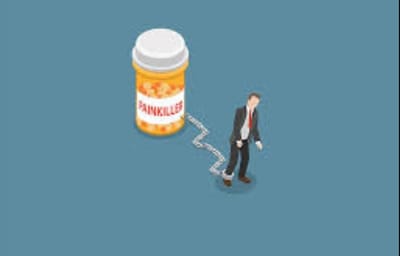Drug rehab long island: What to Know

Despite the widespread success of rehab, many people still don't understand what continues at treatment clinics. Since alcohol use is really prevalent in American society, communities in the united states need to get a better understanding of the ways rehab specialists treat alcoholism. Listed below are few of the main facets of alcohol addiction treatment.
Detoxification
A lot of people associate detox with heroin, meth, and other narcotics, but it is an essential part of addiction recovery for everyone who is physically dependent on a substance. By depriving addicts of drugs so that you can fourteen days, rehab clinicians can remove their immediate physical dependencies. Detox doesn't cure alcoholism - nothing does. However, it will allow alcoholics longislandinterventions.com/recovery-resources/name/alcoholics-anonymous/ to manage their cravings enough to productively engage their therapies.
Inpatient, Partial Hospitalization, and Outpatient Programs
They're the three most frequent treatment plans in rehab clinics, and each one of these is fitted to a specific group of life circumstances. For alcoholics that are seeking help for the very first time, inpatient programs are usually the very best choice. They need patients to live at their treatment facilities for thirty to ninety days, during which they receive fifty or maybe more hours of intensive therapies per week.
On the other hand, outpatient and partial hospitalization plans involve only a few hours of therapy per day, though the latter sometimes requires full days of treatment. Outpatients are free to pay the others of their time while they see fit, while partial hospitalization patients must spend their evenings underneath the supervision of clinic staff. In both cases, patients receive the same evidence-based therapies as people attending inpatient programs.
Personal Discoveries
The main component of alcoholism therapy is one-on-one counseling with an addiction specialist. Alcoholics work to find out the basis factors behind their addictions - why they started drinking, why they abused alcohol, and how they develop their physical dependencies. In addition they gain a better understanding of the people, places, and things which trigger their addictions.
Coping Strategies
Since alcoholics will experience at the very least occasional cravings for the rests of their lives, they should learn to cope with tempting situations. Using what they learn within their counseling sessions, rehab patients develop personalized strategies for dealing with the stressful situations that frequently drive them to drink. These strategies are crucial for long-lasting sobriety.
Avoidance Techniques
Alcoholics also learn ways they are able to avoid cravings altogether. The easiest way of doing this really is to simply avoid their addiction triggers. Avoiding bars, clubs, and other areas where alcohol abuse is encouraged is just a simple first step. Patients may also practice relaxation techniques which allow them to keep calm in difficult situations and avoid stress-related cravings altogether.



